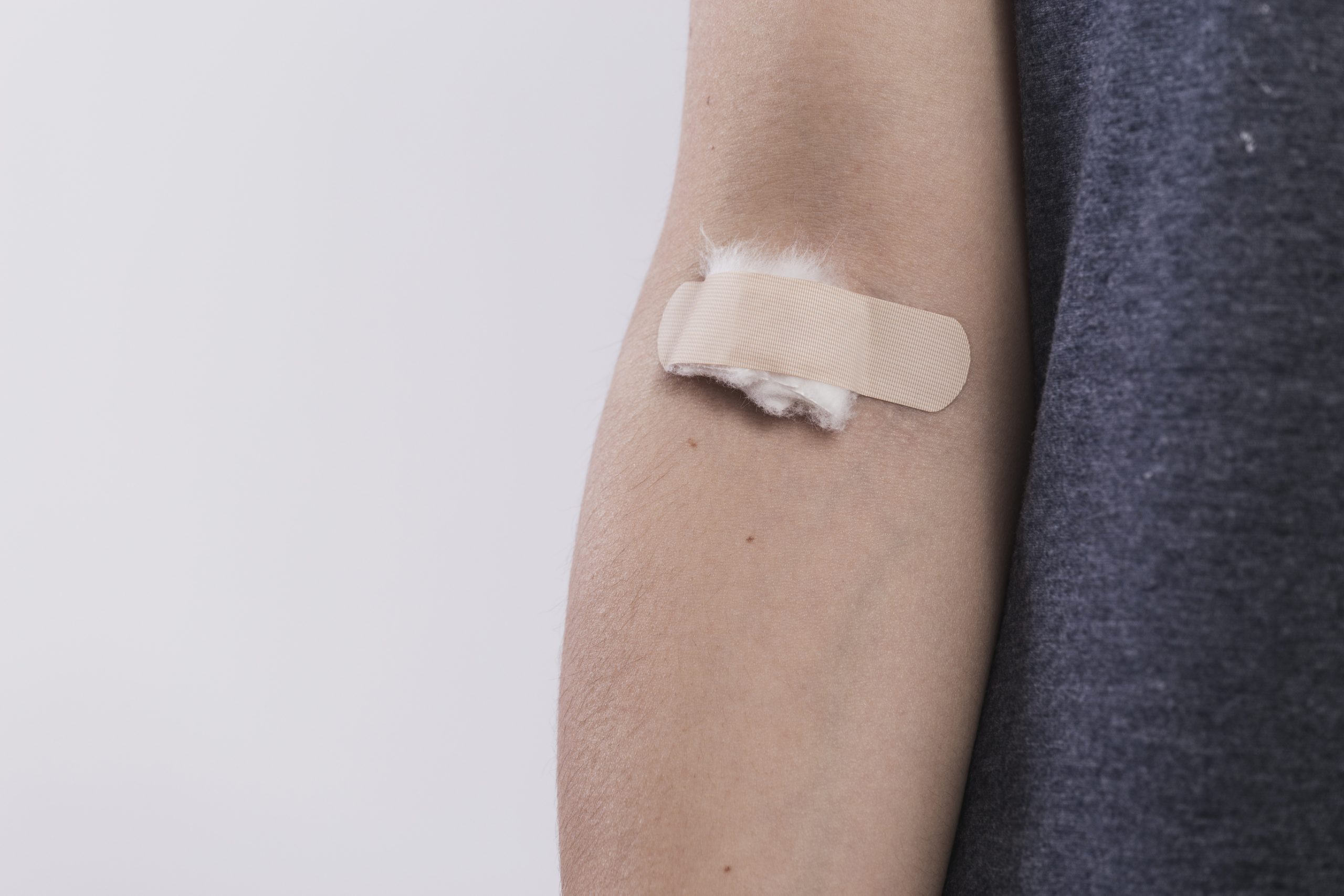

Silver retains antimicrobial activity longer when impregnated into “bioactive glass,” according to researchers at the University of Birmingham, and they have demonstrated for the first time how this promising combination provides more long-lasting antimicrobial wound protection than conventional alternatives.
Bioactive glasses are a distinct class of silicone-based synthetic biomaterials that have long been utilized in bone grafting.
Silver has long been known to inhibit or reduce the establishment of biofilms (communities of bacteria) in open wounds, and silver-based treatments are becoming more popular due to their effectiveness against many antibiotic-resistant strains of bacteria. These antimicrobial properties rely on silver remaining in an ionic form so that it can penetrate bacterial cell walls and disrupt their life cycle, but silver ions or nanoparticles in wound dressings are prone to transforming to silver sulfide or silver chloride, which can reduce antimicrobial activity and hinder treatment success.
The researchers evaluated the effects of bioactive glass doped with ionic silver on biofilms formed by Pseudomonas aeruginosa, a multi-drug resistant bacteria that easily forms biofilms and is a common cause of infection in chronic wounds.
The study, published in the journal Biofilm, demonstrated that specific preparation, storage, and application strategies can reduce the transition of silver ions to silver chloride and so retain antibacterial efficacy.
The Birmingham team already has extensive experience with bioactive glass, which is currently utilized as a bioactive degradable graft material. The width and density of the glass fibers to stimulate tissue growth are essential characteristics of bioactive glass in this application.
The researchers are eager to speak with companies who want to collaborate or co-develop solutions for dental surgery or wound care.
Dr. Sam Moxon, a postdoctoral researcher with the Birmingham team, has been researching the usage of these novel materials in dental surgery and wound care. He recently completed a program called ICURe (Innovation to Commercialization of University Research), and the team is now working to move the material toward clinical approval.
Dr. Moxon will present this research at the UK Society for Biomaterials annual meeting in Belfast on June 21st. He will also give a keynote address at the Future Investigators in Regenerative Medicine annual conference in Spain in September, where he will discuss his Birmingham research and the team’s plans to develop their promising novel biomaterials.
more recommended stories
 Pediatric Crohn’s Disease Microbial Signature Identified
Pediatric Crohn’s Disease Microbial Signature IdentifiedKey Points at a Glance NYU.
 Nanovaccine Design Boosts Immune Attack on HPV Tumors
Nanovaccine Design Boosts Immune Attack on HPV TumorsKey Highlights Reconfiguring peptide orientation significantly.
 High-Fat Diets Cause Damage to Metabolic Health
High-Fat Diets Cause Damage to Metabolic HealthKey Points Takeaways High-fat and ketogenic.
 Acute Ischemic Stroke: New Evidence for Neuroprotection
Acute Ischemic Stroke: New Evidence for NeuroprotectionKey Highlights A Phase III clinical.
 Statins Rarely Cause Side Effects, Large Trials Show
Statins Rarely Cause Side Effects, Large Trials ShowKey Points at a Glance Large.
 Anxiety Reduction and Emotional Support on Social Media
Anxiety Reduction and Emotional Support on Social MediaKey Summary Anxiety commonly begins in.
 Liquid Biopsy Measures Epigenetic Instability in Cancer
Liquid Biopsy Measures Epigenetic Instability in CancerKey Takeaways Johns Hopkins researchers developed.
 Human Antibody Drug Response Prediction Gets an Upgrade
Human Antibody Drug Response Prediction Gets an UpgradeKey Takeaways A new humanized antibody.
 Pancreatic Cancer Research: Triple-Drug Therapy Success
Pancreatic Cancer Research: Triple-Drug Therapy SuccessKey Summary Spanish researchers report complete.
 Immune Cell Epigenome Links Genetics and Life Experience
Immune Cell Epigenome Links Genetics and Life ExperienceKey Takeaway Summary Immune cell responses.

Leave a Comment